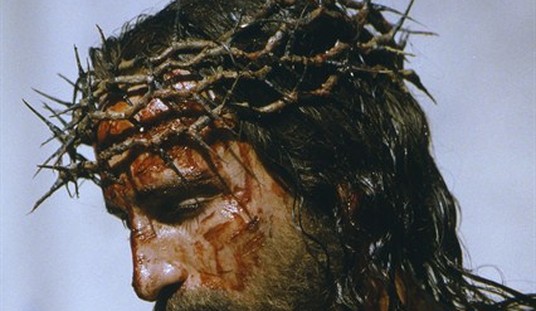In the legal world, words can mean just as much actions, and sometimes more. Law is determined by words, phrasing, and interpretation (moreso the latter if you disagree with the law you’re fighting at the time).
In the case of Donald Trump, Jr., the law is simple: you cannot solicit any aid from a foreign nation for election purposes. The statute in question is
(a)Prohibition It shall be unlawful for—
(1) a foreign national, directly or indirectly, to make—
(A) a contribution or donation of money or other thing of value, or to make an express or implied promise to make a contribution or donation, in connection with a Federal, State, or local election;(B) a contribution or donation to a committee of a political party; or(C) an expenditure, independent expenditure, or disbursement for an electioneering communication (within the meaning of section 30104(f)(3) of this title); or(2) a person to solicit, accept, or receive a contribution or donation described in subparagraph (A) or (B) of paragraph (1) from a foreign national.
There is a plethora of legal opinion out there that suggests Don Jr. can indeed go down for breaking election law, and it’s not difficult to see why.
However, LawNewz dug up a counterpoint that could get Don Jr. off the hook, and it just comes down to three little words that can have a big impact on law:
Most of FECA’s prohibitions, including those related to the solicitation of contributions/donations from foreign nationals, create criminal consequences only when a person “knowingly and willfully” commits a violation of the statute…
This heightened mens rea standard means that a person must know that he is breaking the law to trigger a criminal prosecution, and must know about the relevant statute duty: The “words [‘knowingly and willingly’] of specific criminal intent require proof that the offender was aware of what the law required, and that he or she violated that law notwithstanding that knowledge…
Now, I’m not a lawyer, but I have watched enough crime procedurals (like Law & Order) to know that proving what a person thinks and knows is incredibly difficult. You cannot prove Don Jr. knew the law here.
Or, at least you can’t with the evidence we have publicly available. Lord knows what investigators have on Don Jr. or anyone else involved.
However, you can bet this is one of many defenses being tossed around a legal war room somewhere as this story refuses to leave the news cycle.













Join the conversation as a VIP Member